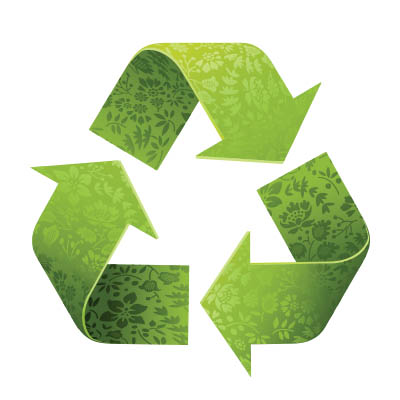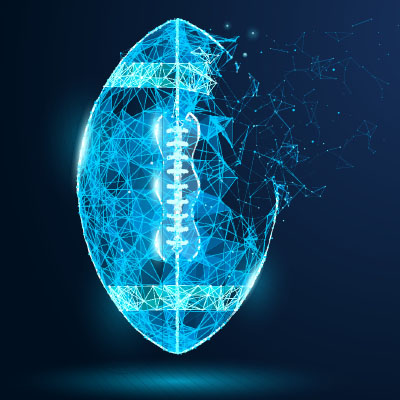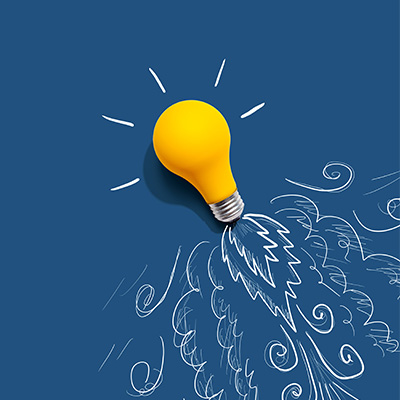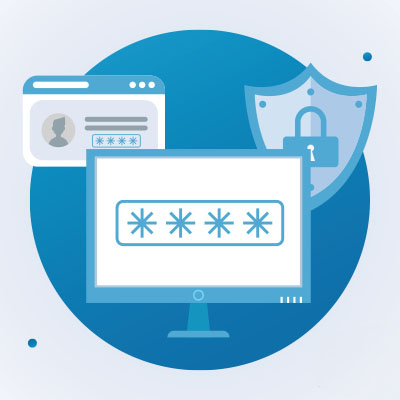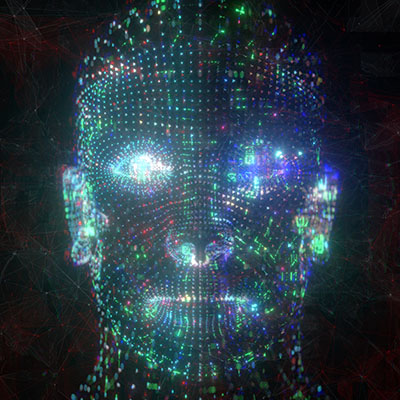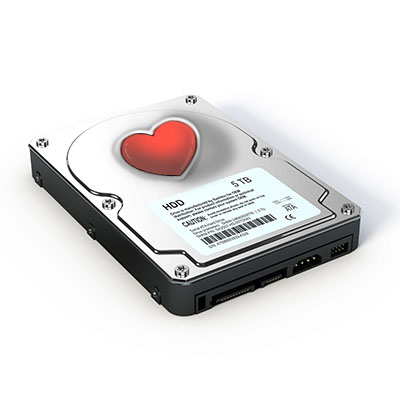The smartphone market used to be a hallmark of innovation, but nowadays, aside from the folding form factor, smartphone manufacturers have decided that the technology works, more or less, the same. What does this decline in innovation mean for you and your business? It might actually not be all that bad.
Being a green business is a great thing. It not only helps your company become more environmentally friendly, but it can also attract customers who care about the environment. What’s less talked about is how being green can actually give your business a competitive edge in certain situations.
The big game was this past Sunday, and if you are like millions of other people, you tuned in to see the spectacle of the game, the halftime show, and Taylor Swift. Behind the scenes, the National Football League has been utilizing emerging technologies to help them solve some of their biggest problems. Let’s go into three ways the NFL is using technology to improve their product.
Every year in January, the Consumer Electronics Show brings thousands of technology exhibitors to Las Vegas to showcase the up and coming innovations that will drive industries forward. It’s a fun time to be a tech nerd, because we get to see some pretty impressive stuff and how it might shape the future. This year has some pretty exciting and interesting new technologies, and we wanted to share some of them with you!
We work with quite a few businesses, but one is a lot more remote than the rest of them. We wanted to share a story that one of our more discreet client organizations told us after we helped them resolve a particular challenge. Don’t worry, we asked, and sharing this won’t land us on the naughty list.
Since its domain was first registered on September 15, 1997, Google has exploded from a relatively simple search engine to the massive assortment of platforms and services that fall under the Alphabet umbrella. That being said, most people tend to think of very specific aspects of Google’s Search function… like the amusing Easter Eggs that the platform has become somewhat famous for. Let’s explore some of the many, many jokes and entertaining features that Google has added to Search over the years. Who knows, you might find out about a new favorite. Full Disclaimer: Google Has WAY Too Many Easter Eggs to Cover Here Comprehensively Honestly, this shouldn’t come as much of a surprise. With these Easter eggs first being secreted into Google’s assorted offerings back in 2000, the sheer volume of these hidden features has grown to be truly significant. Plus, some of them are no longer active, being tied to a specific day or event—for example, the search for “2/22/22” made the phrase “Happy Twosday 2You!” appear on that day, but no longer. Others have been rendered inoperable with Google’s shift to an infinite scroll format, rather than pages, as the “Goooo…gle” indicator housed many of these Easter eggs as well. Many, many of them, however, are still active, with more being added all the time… just do a quick search for “Barbie” for a practical example of how up-to-date these Easter eggs are kept. So, let’s explore some that are (as of this writing) still active. A Tiny Sample of Google’s Easter Eggs Searching for “dvd screensaver” will cause the Google logo in the top left corner to begin bouncing around the screen, changing colors as it goes, similarly to—you guessed it—the screensaver that DVD players would display after remaining idle for too long. Searching for “text adventure” and then using the Ctrl+Shift+J shortcut to open the developers console will give you access to a Google-themed text-based adventure game, where you set out in search of the letters in the word “Google.” As a bonus Easter egg within an Easter egg, responding “no” to the introductory prompt “would you like to play a game” produces a reference to the 1983 movie WarGames. Searching for “puppy/puppies/dog/canine” or “kitten/cat” will produce a button that, when clicked, will cause a paw belonging to the corresponding animal to swipe up and leave a paw print behind. Searching for “define anagram” asks you if you meant to search for “nerd fame again,” which itself is an anagram of “define anagram.” Searching for “pi” will produce the Google calculator with the pi symbol prominent. Clicking it will start a memory game that takes the player through the digits of pi. Searching for “meteor shower” will darken the screen momentarily as three meteors pass by, shifting back to the way it was once they have passed. Searching for “netwon/Isaac Newton” will produce a button with an apple tree on it, which causes an apple to fall down the screen when clicked, just as the legend goes about how the physicist conceptualized the theory of gravity. Searching for “han/greedo shot first” will show the alternate result, posed as a “Did you mean” at the top of the screen. Searching for “the one ring” will ask if you meant “my precioussss,” in a nod to Gollum […]
Technology has been a consistent force in the betterment of humanity, constantly pushing it to reconsider old ways of doing things and what could be improved. Key industries that have just about always utilized technology, from factories to old-fashioned wheels and farm equipment, include agriculture and manufacturing. In fact, 3D printing might be able to help produce food! Let’s look at what this technology could do to fill the stomachs of hungry people around the world.
Love them or hate them, cutesy little acronyms like this just don’t have a place in business communications. However, for some people, they’ve become so habitual that they almost can’t help but use them everywhere. In light of this lack of meaning, one artist and tinkerer has devised a way to judge whether or not the “LOL” is sincere.
Identity can be a complex thing to discuss, but in terms of security, it’s fairly straightforward. You either are who you say you are, or you’re not. With the metaverse taking off, individuals will need to be careful about how they are authenticating their accounts and identities, but what does this mean for businesses?
If Edgar Allan Poe worked in an office, here’s what one of his works would sound like: True!—nervous—very, very dreadfully nervous I have been and am, but why will you say that I am mad? The office had sharpened my senses—not destroyed—not dulled them. Above all was my sense of hearing. I heard all things in heaven and on earth and many things in…the other place. So, how then am I mad, especially when I can so healthily and calmly tell you this story?


